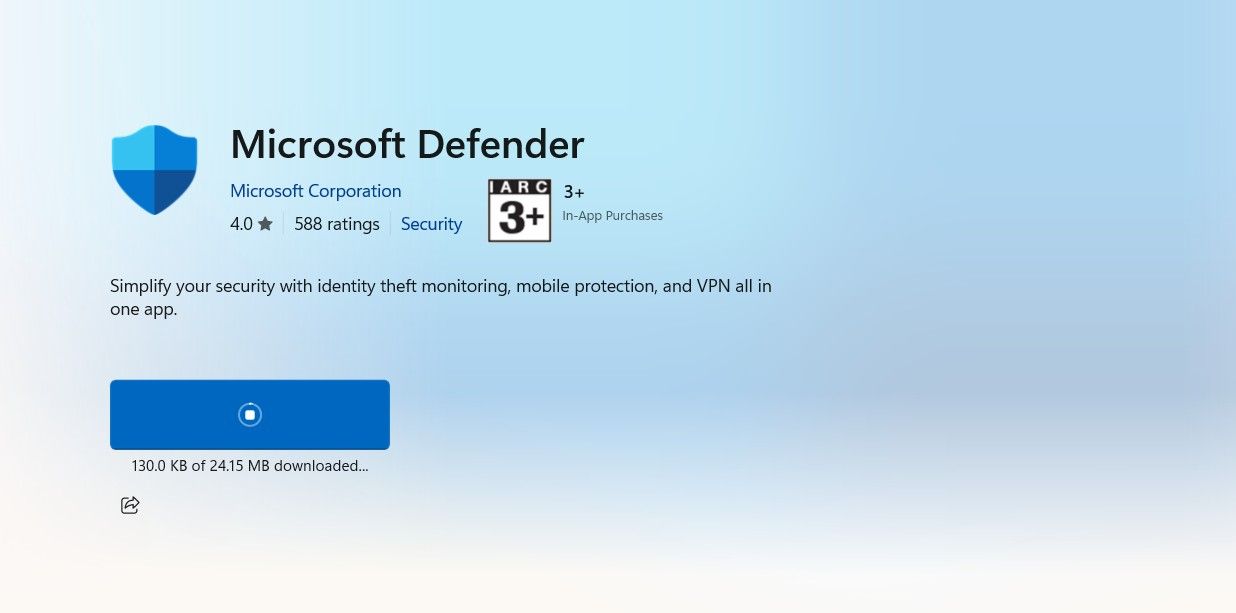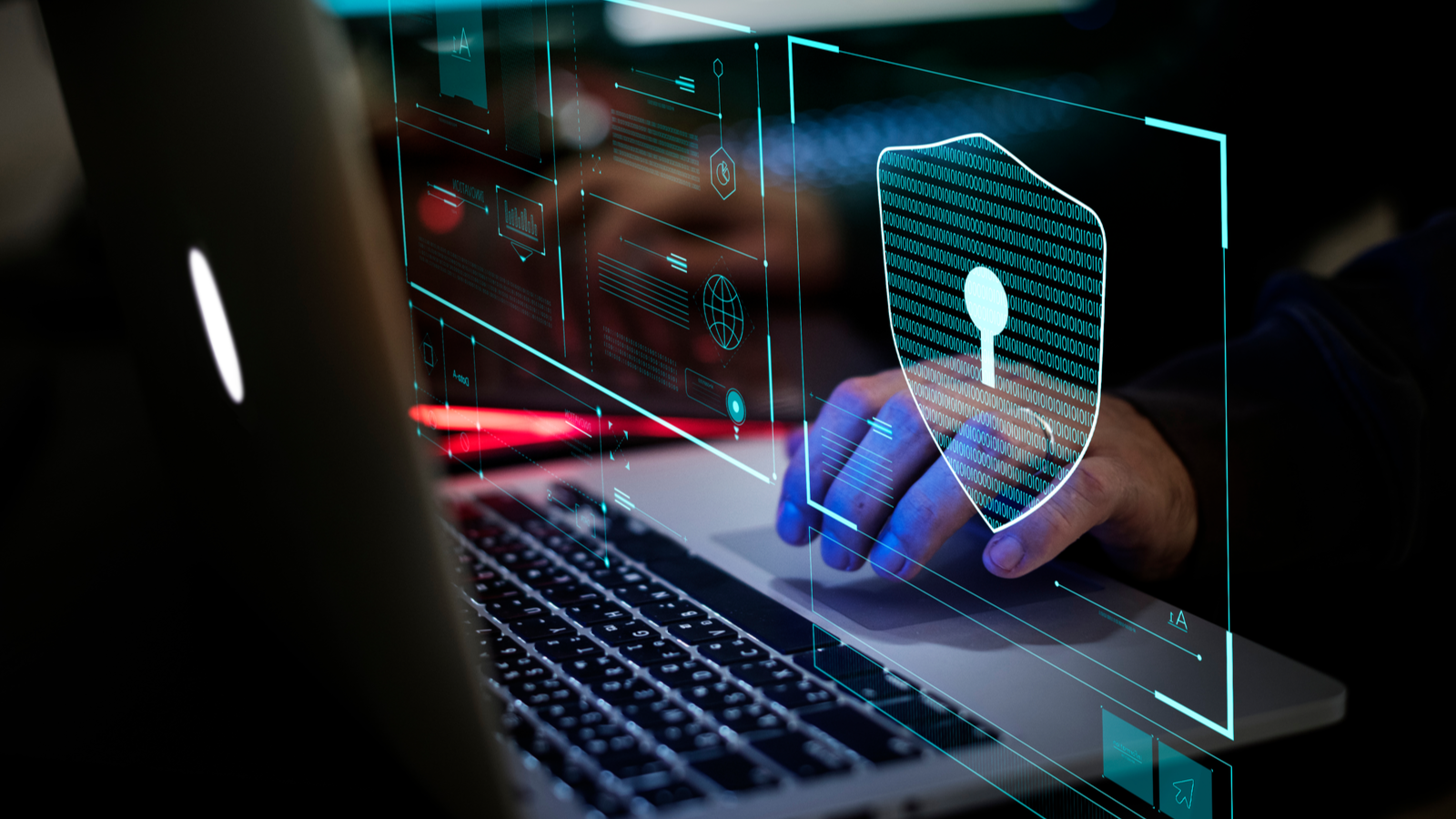Tech News
You Don't Need to Pay for Third-Party Antivirus Software To Protect Your PC Anymore
Key Takeaways
Do you still pay for third-party antivirus software like Norton or McAfee? You may be surprised to learn that there’s no real benefit to doing so. Software like this is mostly obsolete today.
Who Pays For Third-Party Antivirus Software, And Why?
It might sound like a bold claim, saying that you don’t need third-party antivirus software anymore. After all, recent statistics show that roughly half of American consumers use such programs. Interestingly enough, those same statistics also show that users over 65 are more than twice as likely to subscribe to paid antivirus software than those under 45.
Why is that? Well, there is certainly more than one reason, but a big one is simply misunderstanding and tradition.
In the past, having third-party antivirus software was prudent, almost mandatory to keep your computer safe. Some people who grew up in that era are comfortable with the idea of paying for these subscriptions, not realizing that things have changed: your computer protects itself just fine these days.
Not only do computers come out of the box equipped with incredibly good security these days, but most malware threats aren’t even targeting individual consumers. But you don’t have to take my word for it right away. Let’s dive into this in more detail.
Default Security Measures Are More Than Enough Today
All of your consumer devices come with default protection right off the shelves. With iOS and Android, their official app stores weed out malware and keep you safe. Mac has been using XProtect anti-malware for more than a decade and it has an excellent record.
Windows has Microsoft Defender Antivirus, which has consistently aced security tests run by third-party organizations. Since around seven years ago, Defender Antivirus has consistently earned perfect or near-perfect scores in protecting your PC.
Needless to say, that’s as good as it gets, and the program comes free with your Windows computer. There’s no paid antivirus software that can outperform this free, default option from Microsoft. They may offer more features, but not more practical benefits. But even beyond these built-in systems, there are other reasons a third-party option isn’t worth the trouble even when it's free.
Most Malware Vectors Are Already Blocked
In the early 2000s, one of the most common ways to get malware was through an email attachment or a network connection. In fact, these methods were so popular at the time that most people still imagine malware coming through them.
But just like the default antivirus software employed by manufacturers, other aspects of the digital world have come a long way since then as well. Most email clients already block executable file attachments, and network firewalls are way more robust than they used to be.
Of course, there are always new attack vectors for malware, such as MSI packages, script interpreters, and much more. Even so, your default protection options, such as Microsoft Defender Antivirus, are constantly being updated and upgraded to face these threats too.
Simply put, there’s nothing that third-party antivirus software does for you that your free, default antivirus software isn’t doing already. Many threats are already blocked by defenses like your firewall or email client, and your default antivirus software gets nearly everything else.
On top of all of that, you can exercise a bit caution to avoid sketchy things that might pose a threat, such as suspicious links and websites claiming that you’re the one-millionth visitor. Combine all of that, and you’re more than secure enough with free, default antivirus software.
If you still don’t feel better about all of this by now, there’s yet another good reason you don’t need to shell out for a third-party antivirus program.
Individual Consumer PCs Are Not a Popular Target for Malware
We all like to think we’re special, right? Well, it’s pretty nice to be a nobody when it comes to cybercrime. The fact of the matter is that most cybercriminals aren’t interested in targeting individual users and their computers. Most of us aren’t worth the time and effort.
The real targets of malware attacks are big-name companies with millions or billions of dollars and valuable data. Sometimes their motives are more obscure, but regardless, the people getting targeted by hackers and malware are usually big organizations.
For example, Game Freak and the Internet Archive were hacked recently. Microsoft was hacked not too long ago due to a vulnerability in SolarWinds management software. A vulnerability in a third-party app called MOVEit resulted in Shell, BBC, British Airways, and other big companies getting hacked as well.
This is also why you should ditch the third-party antivirus software. Hackers are generally not targeting vulnerabilities in a computer’s OS these days. They target vulnerabilities in third-party programs like MOVEit or SolarWinds to get in and cause damage.
In this way, your third-party antivirus program might even be more likely to create an exploitable weakness than it is to protect you, and it wouldn’t be able to defend your computer against those types of threats anyway. Organizations require dedicated IT departments and real-time intrusion monitoring to do that.
This might all sound very scary: if Microsoft can get hacked, what’s stopping a hacker from getting to little old you? If Microsoft can get hacked, why should you trust their Defender Antivirus for your computer?
Again, it’s a matter of viable targets and vectors of attack. You’re not a high-value target worth hacking 99% of the time, and the ways those hackers got into big companies like Microsoft are far removed from the type of vulnerabilities you possess as an individual user.
Even if you don’t have full faith in your default antivirus software, don’t forget: anything that could get past that default antivirus software could get past some third-party antivirus software too, so there’s still no real benefit to paying for it.
Ultimately, the days of third-party antivirus software are long past. Paying for these subscriptions is paying for peace of mind, but only if you don’t realize how little it does for you and your computer security.
We live in a tough economy right now. If you’re looking to save on your monthly bills, cutting out these extra programs is a great place to start. After that, maybe consider saving some money on your electric bill.
When you subscribe to the blog, we will send you an e-mail when there are new updates on the site so you wouldn't miss them.


 Microsoft
Microsoft

Comments